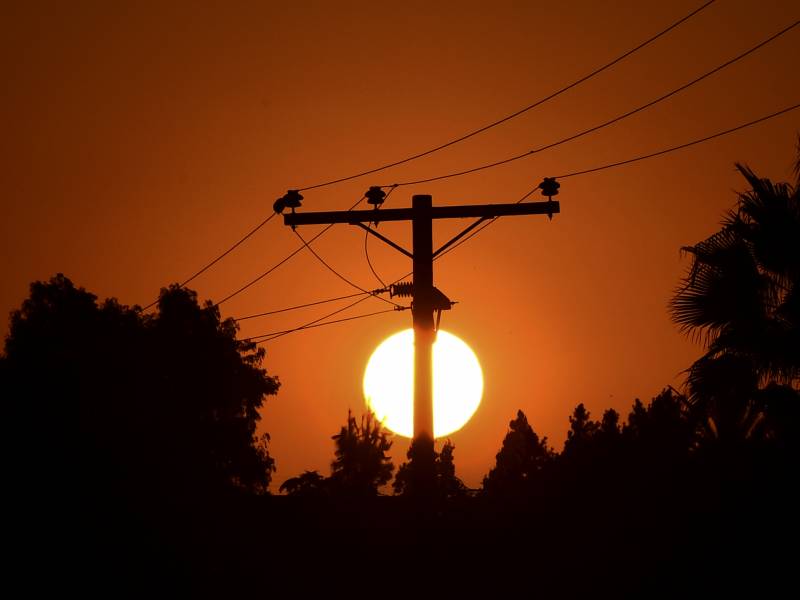As record-high heat hammers much of the country, a new study shows that in many American cities, residents of lower-income neighborhoods and communities of color often endure far higher temperatures than those who live in whiter, wealthier communities.
Urban areas are known to be hotter than more rural ones, but the research published Tuesday in the journal Earth's Future provides one of the most detailed looks to date at how differences in heat extremes break down along racial and socioeconomic lines.
The authors used satellite imagery to measure land surface temperature in 1,056 counties across the country, home to about 300 million people. They found that in more than 70% of those counties, neighborhoods that are lower income and those that have larger percentages of people of color "experience significantly more extreme surface urban heat than their wealthier, whiter counterparts."
Relying on U.S. census data, the researchers found that in areas with higher rates of poverty, temperatures can be as much as 7 degrees Fahrenheit warmer during the summer months than in nearby wealthier neighborhoods. The same held true for predominantly minority communities, as compared to nearby non-Hispanic, white neighborhoods.
The study is the latest to show how climate change driven by human activity disproportionately harms people of color and poor people. The warming climate is making heat waves more frequent and intense. And even without heat waves, Americans can expect far more days over 90 degrees Fahrenheit than there were just a few decades ago.

9(MDAxOTAwOTE4MDEyMTkxMDAzNjczZDljZA004))